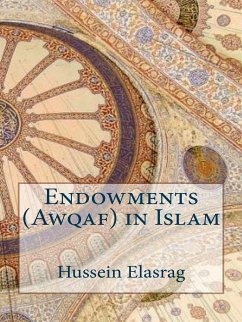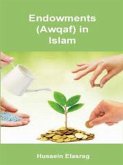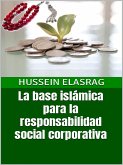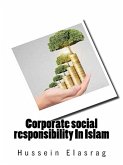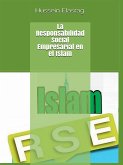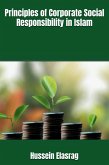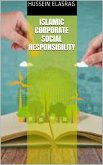The word (waqf) and its plural from awqaf are derived from Arabic root Verb which means "to stop", or " to hold" " to keep" or to prevent property from passing into the hands of a third person. In a religious connotation, the term waqf means to protect and preserve the property in such a way that remains intact but its usufruct is dedicated for charitable purposes in perpetuity. Endowments or awqaf (the plural of waqf) resemble common law trusts, with the trustee being the institution or individual in charge of the waqf and the beneficiary usually being the whole community. Awqaf can be used not only to provide immediate necessities to the poor, but also to create or strengthen business support institutions that can lower the cost of doing business for the poor. Awqaf can also be used to support and build infrastructure institutions that can improve corporate governance and reduce the cost of doing business. For example, information bureaus, market regulatory bodies, the provision of accountancy services, and other such shared services for a group or for the entire society can be funded through waqf. Thus, this paper focuses on the application of these concepts and some possible roles that waqf may play in the socio-economic development of the Muslim societies.

